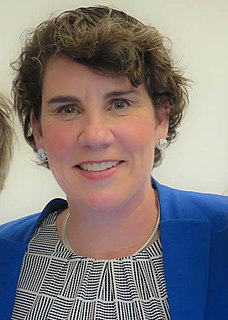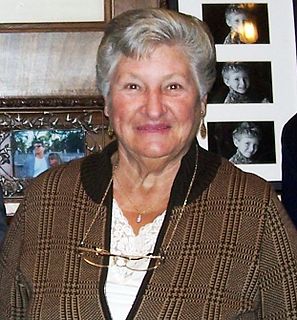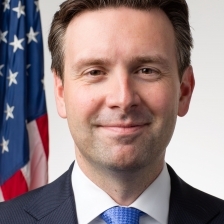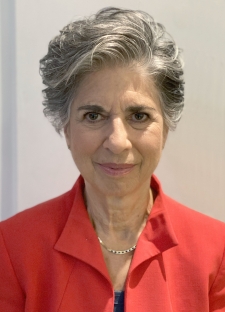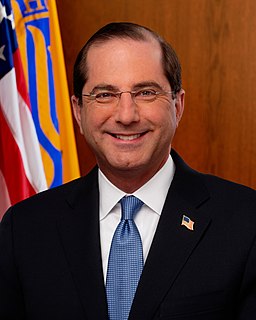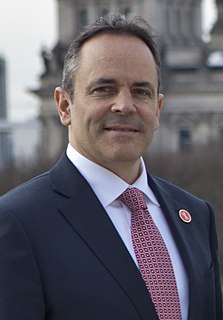A Quote by Franklin Raines
Well, there are about 10 million children that aren't covered by health insurance. About 3 million qualify for Medicaid but don't get it, so we're going to reach out and bring more of those kids into the Medicaid program.
Related Quotes
The bad things the U.S. health care system are that our financing of health care is really a moral morass in the sense that it signals to the doctors that human beings have different values depending on their income status. For example, in New Jersey, the Medicaid program pays a pediatrician $30 to see a poor child on Medicaid. But the same legislators, through their commercial insurance, pay the same pediatrician $100 to $120 to see their child. How do physicians react to it? If you phone around practices in Princeton, Plainsboro, Hamilton - none of them would see Medicaid kids.
When you talk about Social Security, it's not just enough to say, we're looking at you, this really matters. It's the fact that a million Americans think it matters. Oh, wait, it's 2 million Americans think it matters. No, it's 4 million Americans. It's 6 million, wait, it's 10 million, it's 50 million Americans who care about this. That's how we're going to make change.
I think people forget that when people lose Medicaid coverage, they still show up at the hospital when they have a chronic illness or a traumatic impact on their health. And those bills are paid by the hospital who then passes those costs on. They do not have a magic fairy paying the bills for people who show up without insurance. Those bills are passed on to all the people in our country that do have insurance. That's why this bill is not going to break the cycle of higher premiums - because we're going to have fewer people insured.






